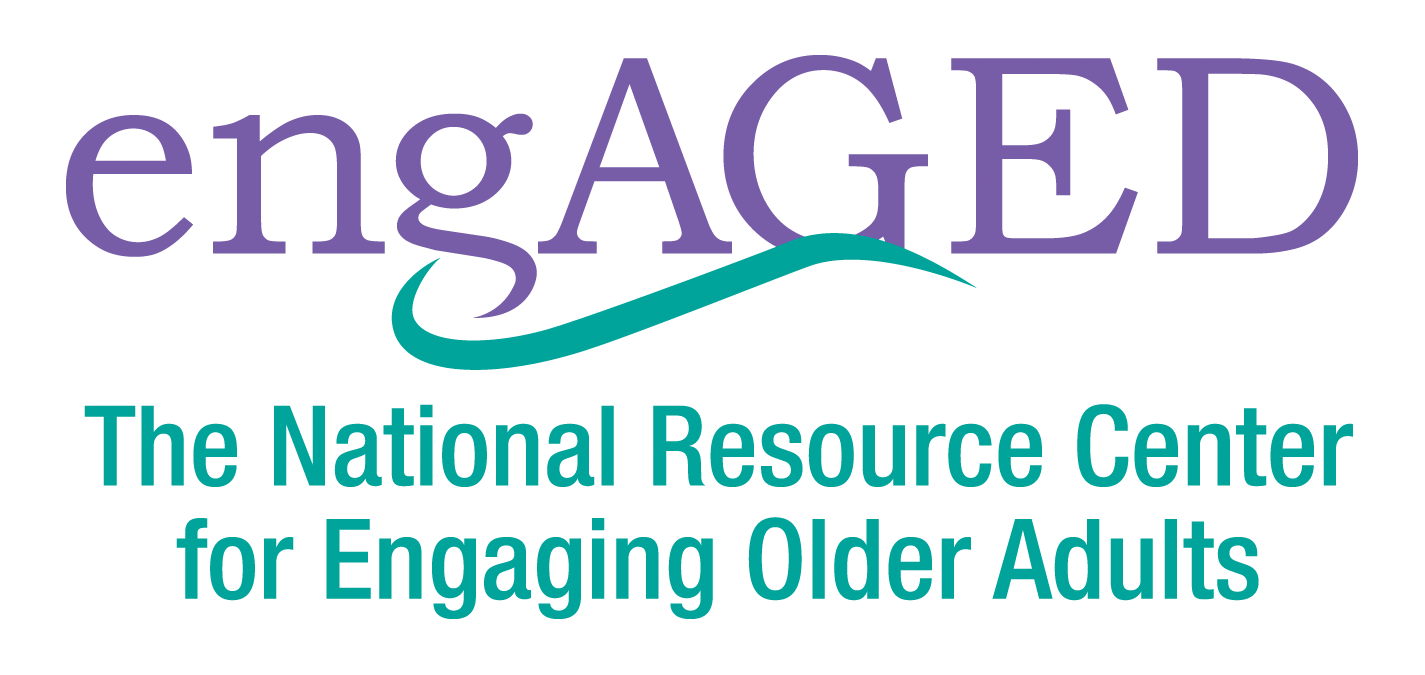Social Isolation and African American Older Adults
To commemorate Black History Month, engAGED invited Ocean Le Program Associate at Diverse Elders Coalition to write a blog entry highlighting social isolation among Black and African American older adults.
February is Black History Month, a time to celebrate the lives, achievements and successes of Black Americans. However, Black History Month is also an opportunity to address the health and socioeconomic disparities facing the African American community. One disparity of particular interest and concern to advocates and health care providers is social isolation, especially among Black and African American older adults.
Social isolation can lead to poor mental and physical health outcomes including depression, Alzheimer’s disease, cognitive decline, high blood pressure and heart disease (1). Many of these health disparities affect African American communities at higher rates than the general population. Although research has indicated that African Americans are less likely to live alone than Non-Hispanic whites (2), there are other factors aside from loneliness that may lead to social isolation. These include race-related stress, which occurs when an individual experiences or witnesses racist incidents that may evoke social and historical experiences of racism (3). For African American older adults, race-related stress can accumulate over a lifetime and may lead to distrust in health care service providers and an increase in social isolation.
Two organizations that have made strides toward helping older African Americans stay connected to—and engaged in—the communities in which they live are the National Caucus and Center on Black Aging, Inc. (NCBA) and the USC Family Caregiver Support Center (FCSC).
By providing early detection and screening to identify loneliness and social isolation, NCBA helps identify social isolation among older adults in its early stages. Through its Housing Management Corporation (NCBA-HMC), NCBA provides affordable, high-quality housing to more than 500 older adults in six cities, enabling older African Americans to build a community in a safe environment that may also serve as a support network for many of the residents. Additionally, NCBA-HMC provides housing primarily for African American older adults who have low-incomes, another factor that is associated with higher rates of social isolation (4). Along with its screening and housing programs, NCBA provides employment opportunities via the Senior Environment Employment (SEE) program and the Senior Community Service Employment Program (SCSEP), both of which help older African American stay connected to their communities.
The USC Family Caregiver Support Center (FCSC) has found that it can help alleviate social isolation among African American through innovative programming with cultural implications, such as through partnerships with religious institutions and faith-based organizations. Research shows that older African Americans report higher levels of religious participation than older non-Hispanic whites (5), making such partnerships a ripe opportunity for social engagement. To serve this population, USC FCSC has partnered with religious institutions such as the First African Methodist Episcopal (AME) Church to help guide the development of programs to reach family caregivers in the African American community. Importantly, USC FCSC’s partnership with the First AME Church has been vital in re-establishing trust, an important prerequisite for engaging members of the African American community due to high levels of distrust in health care and social services that have resulted from a history of discrimination and injustice. As a result of this history, African Americans are less likely to utilize formal services and are at higher risk of social isolation. To effectively develop programs that support the needs of older African American, organizations may find that they need to first re-establish trust and think about ways culture and traditions may be incorporated into programming. To learn more about these programs or for more information, contact the Diverse Elders Coalition at info@diverseelders.org.
Through these two innovative programs, NCBA and USC FCSC have made inroads into increasing community engagement among older African Americans—and serve as models that other organizations can and should replicate—not only during Black History Month but all year long.
References:
National Institute on Aging; Social isolation, Loneliness in Older People Pose Health Risks; https://www.nia.nih.gov/news/social-isolation-loneliness-older-people-pose-health-risks
Taylor, R, Chatters, LM & Taylor, HO, Race and Objective Social Isolation: Older African Americans, Black Caribbeans, and Non-Hispanic Whites; https://doi.org/10.1093/geronb/gby114
American Psychological Association; African American Older Adults and Race-Related Stress: How Aging and Health-Care Providers Can Help; https://www.apa.org/pi/aging/resources/african-american-stress.pdf
Menec, VH, Newall, NE, Mackenzie, CS, Shooshtari, S, & Nowicki, S; Examining Individual and Geographic Factors Associated with Social Isolation and Loneliness using Canadian Longitudinal Study on Aging (CLSA) Data; https://www.ncbi.nlm.nih.gov/pubmed/30707719
Taylor, RJ, Chatters, LM, & Jackson, JS.; Religious and Spiritual Involvement Among Older African Americans, Caribbean Blacks, and Non-Hispanic Whites: Findings From the National Survey of American Life; https://doi.org/10.1093/geronb/62.4.S238

